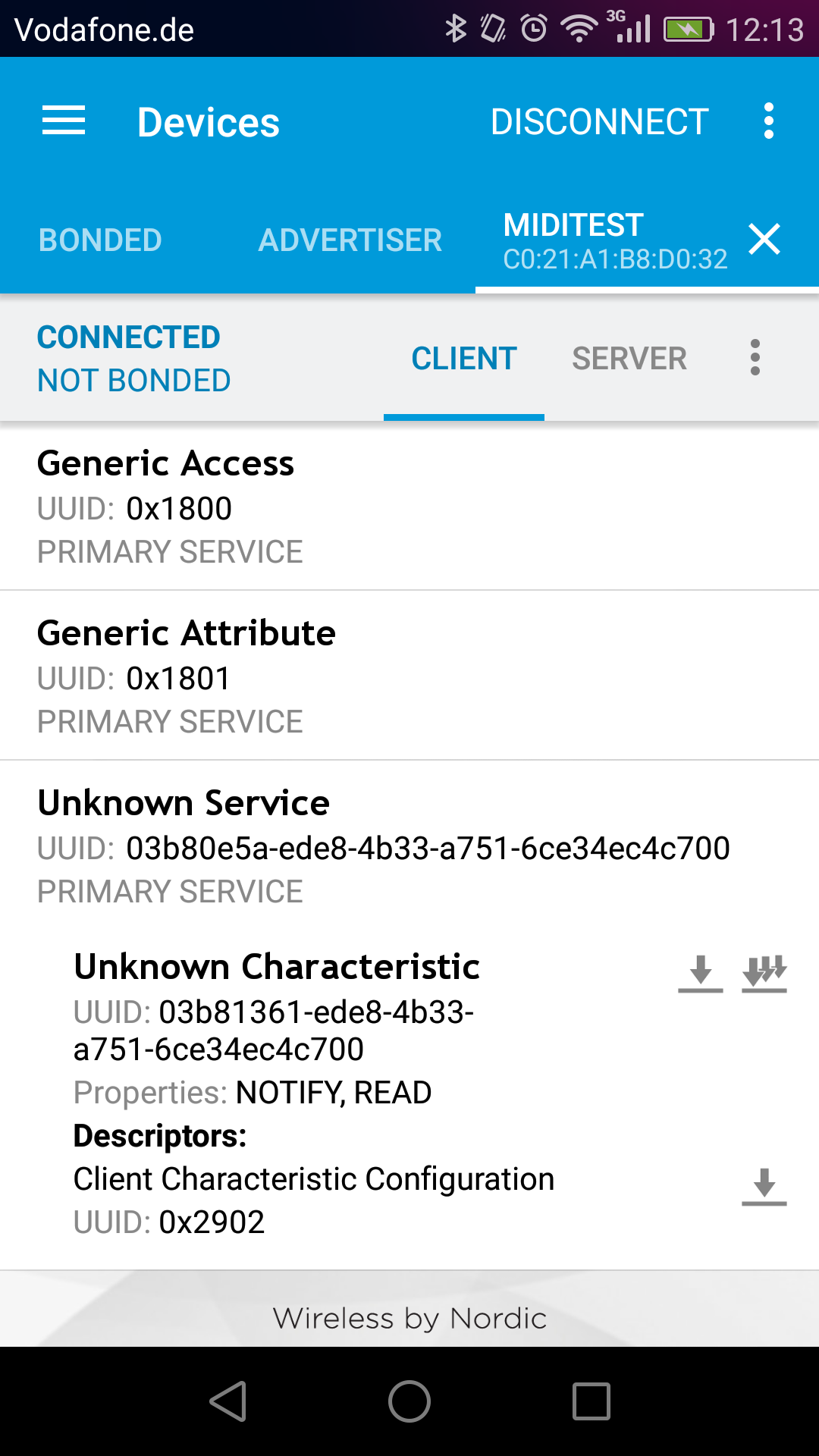
- #128 bit uuid generator update#
- #128 bit uuid generator registration#
- #128 bit uuid generator software#
- #128 bit uuid generator windows#
The version is indicated by the higher nibble (4 bits) of the 7th byte of the UUID. The OSF DCE variant defines five "versions" in the standard, and each version may be more appropriate than the others in specific use cases. This variant space isn't used by any specification yet.
#128 bit uuid generator windows#
This variant (110x 2) is characterized in the RFC as "reserved, Microsoft Corporation backward compatibility" and was used for early GUIDs on the Microsoft Windows platform. This variant defines "versions" as subtype. This variant (10xx 2) are referred to as RFC 4122/DCE 1.1 UUIDs, or "Leach–Salz" UUIDs, after the authors of the original Internet Draft. This variant defines "families" as subtype. Accordingly, the bit pattern 0xxx avoids conflicts with historical NCS UUIDs, should any still exist in databases. Though the address family could hold values in the range 0.255, only the values 0.13 were ever defined. The variant bits in the current UUID specification coincide with the high bits of the address family octet in NCS UUIDs. Though different in detail, the similarity with modern UUIDv1 is evident. This variant (indicated by the one-bit pattern 0xxx 2) is for backwards compatibility with the now-obsolete Apollo Network Computing System 1.5 UUID format developed around 1988. The variant field indicates the format of the UUID (and in case of the legacy UUID also the address family used for the node field). The Microsoft COM/DCOM UUID has its variant described in the Microsoft documentation. The OSF DCE UUID variant is described in RFC 4122. The legacy Apollo NCS UUID has the format described in the previous table. Because the family field only had used the values 0 to 13 in the past, it was decided that an UUID with the most significant bit to 0 was a legacy UUID. Later, the UUID was extended by coinciding the legacy family field with the new variant field. These octets are a host ID in the form allowed by the specified address family.

These octets are reserved for future use. The first 6 octets are the number of 4 usec units of time that have passed since 1/1/80 0000 GMT.

Initially, Apollo Computer designed the UUID with the following wire format: The legacy wire format Binary wire format Ī UUID is a 128-bit label.
#128 bit uuid generator update#
The "Revise Universally Unique Identifier Definitions Working Group" is working on an update which will introduce additional versions. The Internet Engineering Task Force (IETF) published the Standards-Track RFC 4122, technically equivalent to ITU-T Rec. UUIDs are documented as part of ISO/ IEC 11578:1996 " Information technology – Open Systems Interconnection – Remote Procedure Call (RPC)" and more recently in ITU-T Rec.
#128 bit uuid generator software#
UUIDs are standardized by the Open Software Foundation (OSF) as part of the Distributed Computing Environment (DCE). When in July 20 was published as a proposed IETF standard, the ITU had also standardized UUIDs, based on the previous standards and early versions of RFC 4122. RFC 4122 registered a URN namespace for UUIDs and recapitulated the earlier specifications, with the same technical content. Later, the Microsoft Windows platforms adopted the DCE design as "Globally Unique IDentifiers" (GUIDs). The design of the DCE UUIDs was partly based on the NCS UUIDs, whose design was in turn inspired by the ( 64-bit) unique identifiers defined and used pervasively in Domain/OS, an operating system designed by Apollo Computer. Later, the Open Software Foundation's (OSF) used UUIDs for their Distributed Computing Environment (DCE). In the 1980s Apollo Computer originally used UUIDs in the Network Computing System (NCS). Information labeled with UUIDs by independent parties can therefore be later combined into a single database or transmitted on the same channel, with a negligible probability of duplication.Īdoption of UUIDs is widespread, with many computing platforms providing support for generating them and for parsing their textual representation. Thus, anyone can create a UUID and use it to identify something with near certainty that the identifier does not duplicate one that has already been, or will be, created to identify something else. While the probability that a UUID will be duplicated is not zero, it is generally considered close enough to zero to be negligible.
#128 bit uuid generator registration#
Their uniqueness does not depend on a central registration authority or coordination between the parties generating them, unlike most other numbering schemes. When generated according to the standard methods, UUIDs are, for practical purposes, unique. The term Globally Unique IDentifier ( GUID) is also used, mostly in Microsoft systems. A Universally Unique IDentifier ( UUID) is a 128-bit label used for information in computer systems.


 0 kommentar(er)
0 kommentar(er)
